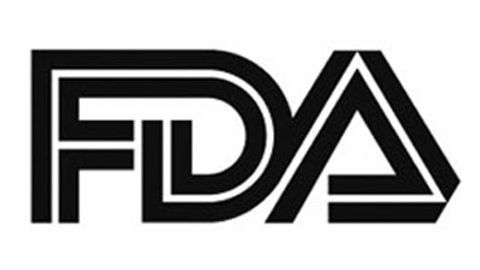FDA Approves New Rituximab Biosimilar in NHL, CLL, and Other Hematologic Malignancies
The FDA granted approval to rituximab-arrx, a biosimilar to rituximab as treatment of adult patients with non-Hodgkin lymphoma, chronic lymphocytic leukemia, granulomatosis with polyangiitis, and microscopic polyangiitis.

The FDA granted approval to rituximab-arrx (Riabni) a biosimilar to rituximab (Rituxan) as treatment of adult patients with non-Hodgkin lymphoma (NHL), chronic lymphocytic leukemia (CLL), granulomatosis with polyangiitis (GPA; Wegener's granulomatosis), and microscopic polyangiitis (MPA), announced Amgen in a press release.
Rituximab-arrx is a CD20-targeted cytolytic antibody. The agent was proven to be very similar to rituximab based on a collection of evidentiary information, including comparative analytical, nonclinical, and clinical data. In these studies,rituximab-arrx also showed no meaningful differences in safety or effectiveness compared with rituximab.
"The approval of Riabni represents an important milestone across our biosimilar and oncology portfolios," said Murdo Gordon, executive vice president of Global Commercial Operations at Amgen, in a statement.
In patients with grade 1, 2, or 3a follicular B-cell NHL and low tumor burden treated in a randomized, double-blind, comparative clinical study (JASMINE, NCT02747043), investigators demonstrated that the agent had comparable efficacy, pharmacokinetics, pharmacodynamics, safety, tolerability, and immunogenicity compared with rituximab. The study included 256 patients who were randomized in a 1:1 fashion to received either rituximab-arrx at 375 mg/m2 once per week for 4 weeks or an equivalent dose of reference rituximab.
The study also evaluated the objective response rate as the primary end point, which was also comparable between the biosimilar and rituximab.
In terms of safety, the label toxicities listed for the rituximab biosimilar included potentially fatal infusion-related reactions, severe mucocutaneous reactions, Hepatitis B virus, and progressive multifocal leukoencephalopathy.
Eligible patients in the JASMINE study were those aged 18 years or older with histologically confirmed disease within 12 months before randomization. Patients were required to have stage II-IV disease according to Cotswold's Modification of Ann Arbor Staging System along with measurable disease per the International Working Group criteria. Low tumor burden in this study was determined by Groupe d'Etudes des Lymphomes Folliculaires (GELF) criteria.
Patients were excluded from the study if they were found to have diffuse large cell component and/or grade 3b follicular NHL, a history of central nervous system metastases, a malignancy other than NHL within 5 years of the start of the study, an infection requiring a course of systemic anti-infective agents, as well as other comorbidities that could have interfered with study treatment. Individuals who received either commercially available or investigational chemotherapy, biological, or immunological therapy for NHL were also excluded from the study.
At launch, Riabni will be priced 16.7% below the current Average Selling Price of rituximab.
Reference:
FDA Approves Amgen's Riabni™ (rituximab-arrx), A biosimilar to Rituxan® (rituximab). News release. Amgen. December 17, 2020. Accessed December 18, 2020. https://prn.to/2KfiY6Q









